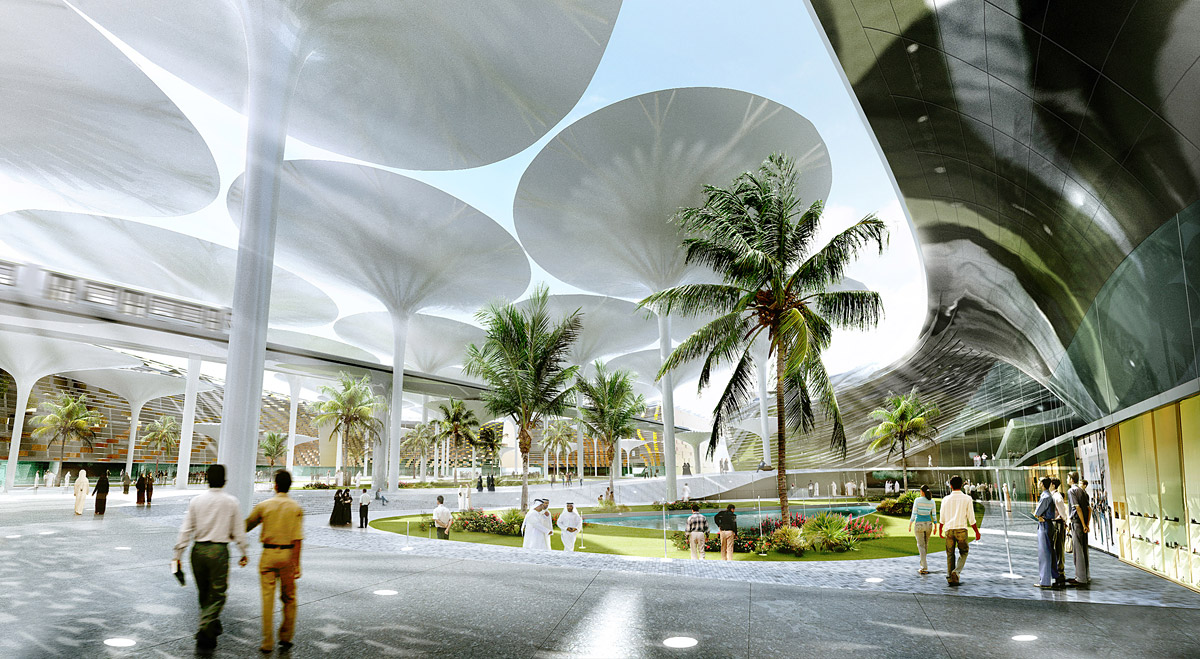It’s easier for builders to draw Utopia on a blank slate, what with all the imperfections that developed cities already possess, but urban centers that have grown organically from the bottom up offer lots of hidden stability. Perhaps because of new smart technologies and China’s top-heavy urbanization, some are still trying to create Shangri-La from scratch. Case in point: Songdo and Masdar, smart insta-cities that are supposed to show the rest of us the way it should be done. Things haven’t gone according to plan, however, because cities are at least as much biological as technological.
In a Demos Helsinki post, social psychologist
2) SMART IS ALMOST IMPOSSIBLE TO PLAN
Unlike it is often made to seem in the hyped-up press, smart cities like Songdo and Masdar are seldom celebrated by the people who live in them – at least not in the way they were expected to. For example Songdo was envisioned as a futuristic international business hub, drawing residents from all over the world. Instead, it is now almost exclusively made up of Koreans:99 percent of homes are sold to locals. Similarly, it cost 22 billion dollars to build Masdar,but it is now barely occupied and more than halfway from reaching its ambitious emission reduction goals.
”When we plan, we tend to think that we understand people and what they want and need. We don’t”, Annala explains. ”Cities are highly complex organisms.” According to Annala, turning cities smart will require systematic engagement of those who are expected to live in these environments. ”Without end-user testing and systematic learning, it is practically impossible to plan a smart city that is loved by its inhabitants.”•
Masdar City abandoned its plan for a fleet of driverless, electric pod cars to replace gas-guzzling taxis.
Tags: Mikko Annala

